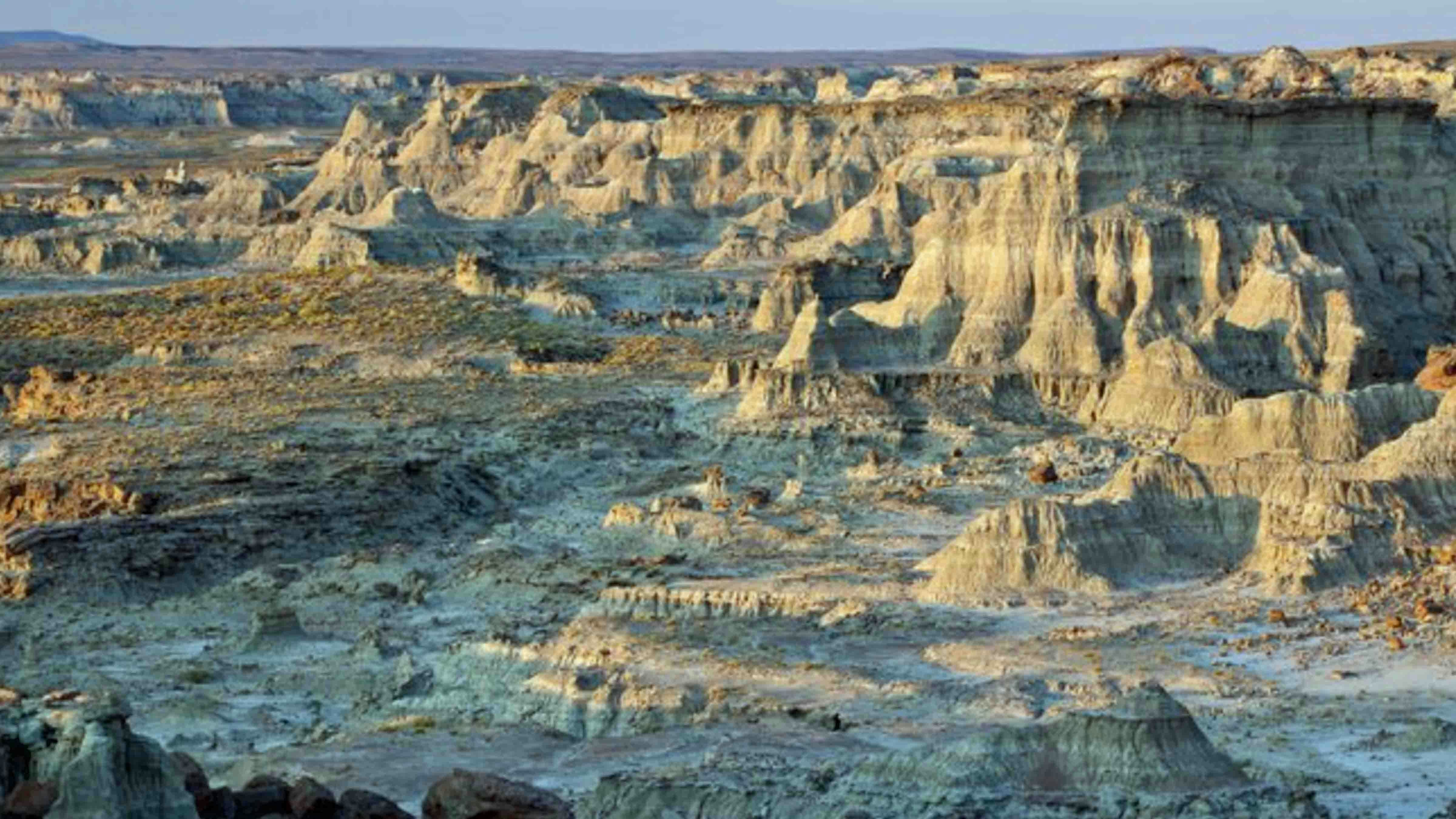Representatives Jon Conrad, J.T. Larson, Tony Niemiec, Cody Wylie, Albert Sommers, and Clark Stith
Senators Fred Baldwin, Stacy Jones, John Kolb, and Wendy Schuler
Recently, at the Wyoming Legislature’s Joint Agriculture, State and Public Lands & Water Resources meeting, the legislative committee heard from the BLM staff about their current draft Resource Management Plan (RMP). The RMP, and its preferred alternative B, highlights a broken federal National Environmental Policy Act (NEPA) process, a part of the larger national permitting process which is badly in need of reform.
NEPA was designed to ensure that environmental and socioeconomic considerations are weighed in the decision-making process. Unfortunately, Alternative B, the BLM’s preferred alternative, will have catastrophic economic consequences should it move forward. Under the BLM’s preferred alternative, nearly 1.8 million acres of the public land our community relies on will be designated as Areas of Critical Environmental Concern (ACEC), rendering it dormant and unusable to thousands of citizens in southwest Wyoming who depend on those acres being available for multiple uses.
There is no doubt, this sweeping land grab by the federal government will further the Biden Administration’s environmental aims. It will also devastate a hardworking community of energy, agricultural users, and recreationalists who depend on the ability to use these lands for productive uses. As the draft RMP notes, “The socioeconomic study area had a 2010 Census population of more than 133,400, which is 23.6% of the total Wyoming population.” A near-quarter of Wyoming’s population will be impacted by this plan that has been in development for more than a decade. And despite the lengthy planning process we as citizens are afforded only 90 days to respond to a plan that could irrevocably change the future course of our community and state.
The impacts of Alternative B will be devastating. A few top-line numbers from the BLM demonstrate the following impacts on our important economic engines -- energy, mining, and agriculture:
· 1,993,908 acres would be pursued for withdrawal from mineral location;
· Approximately 2,186,218 acres would be closed to new fluid mineral leasing, ie Oil&Gas;
· The areas closed to oil shale leasing would increase to 2,122,282 acres;
· 49,224 acres would be closed to trona leasing and development;
· 2,581,741 acres would be closed to mineral material sales/disposals;
· 3,735,546 acres would be closed to coal exploration and development activities; and
· The number of Animal Unit Months (AUMs) available for grazing would likely decrease while expenses would increase, and require management practices alterations from operators.
Further, and importantly, the BLM process did not appropriately consider state and local government policies as required by the Federal Land Policy and Management Act. The Sweetwater County Land Resource Use Plan and Policy is one of our local community’s standing policies for governing the management of private, state, and federal land and the rangeland, soil, water, and wildlife resources.
The draft RMP flies in the face of our local policies that place great significance on protecting agricultural land, ensuring access to natural resources on federal and state lands, provide for reduced regulatory costs for small businesses, encourage mineral and energy resource exploration development, and recovery, protecting the rights of landowners and surface owners, and supporting beneficial mining efforts and their economic impacts. The BLM is obligated to consider and incorporate, to the fullest extent possible, these local policies and their preferred Alternate B does almost the opposite on all accounts.
We must do all we can to fight against this harmful draft policy that forgets the people who live and work here each and every day. We encourage all citizens to provide their comments during the BLM’s 90-day public comment period, which closes on November 16, 2023: https://eplanning.blm.gov/eplanning-ui/project/13853/510.
Jon Conrad serves House District 19 (Uinta County) in the Wyoming House of Representatives.
Tony Niemiec serves House District 60 (Sweetwater County) in the Wyoming House of Representatives.
Cody Wylie serves House District 39 (Sweetwater County) in the Wyoming House of Representatives.
Albert Sommers serves House District 20 (Lincoln, Sublette County) and Speaker in the Wyoming House of Representatives
Clark Stith serves House District 48 (Sweetwater County) and Speaker Pro Tempore in the Wyoming House of Representatives
Fred Baldwin Senate District 14 (Lincoln, Sublette, Sweetwater, Uinta) in the Wyoming Senate
Stacy Jones Senate District 13 (Sweetwater County) in the Wyoming Senate
John Kolb serves Senate District 12 (Sweetwater County) in the Wyoming Senate
Wendy Schuler Senate District 15 (Uinta County) in the Wyoming Senate





